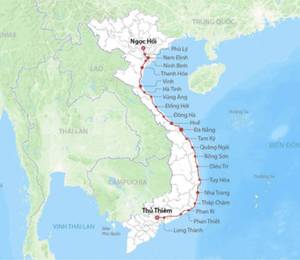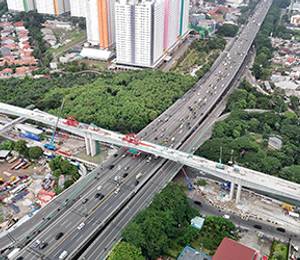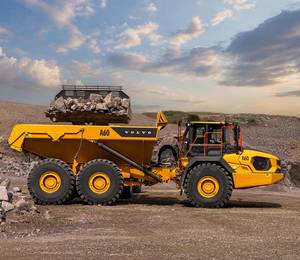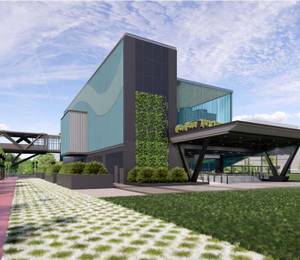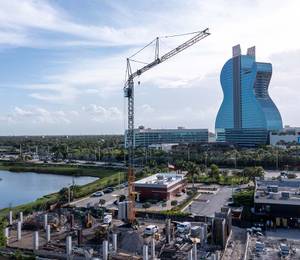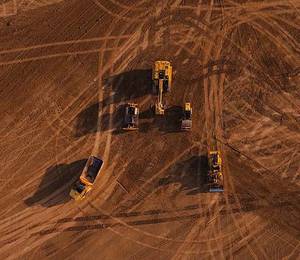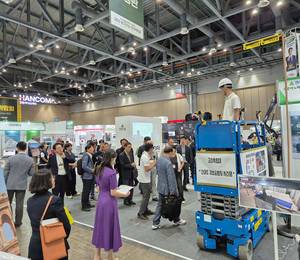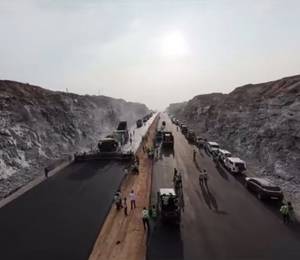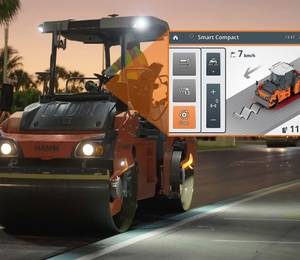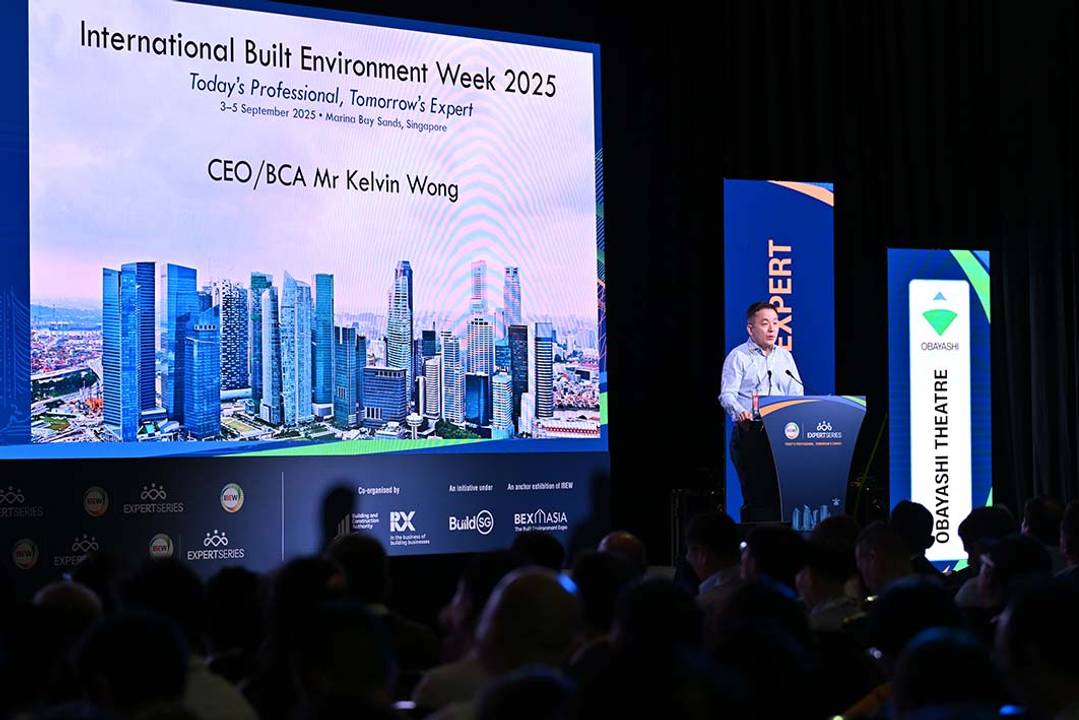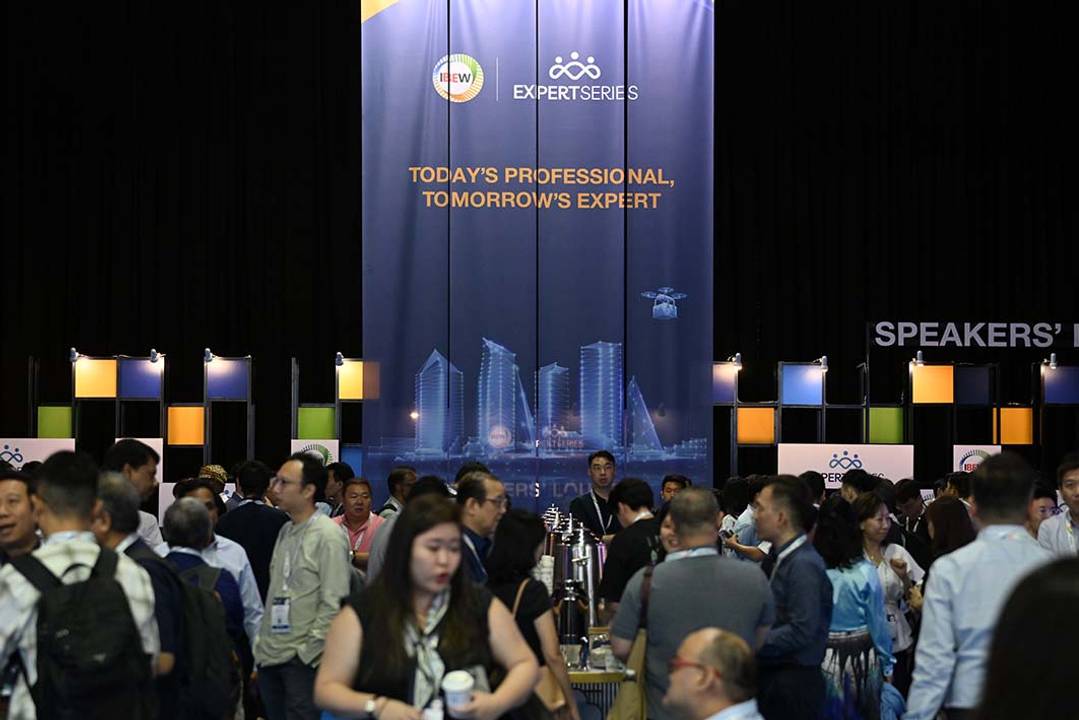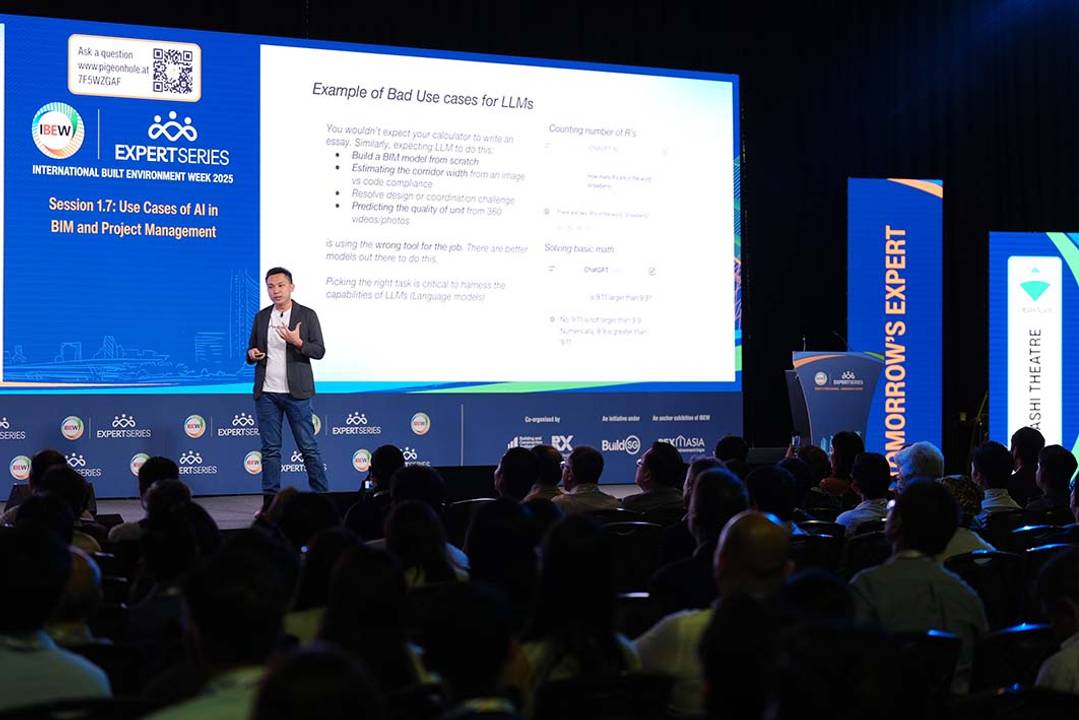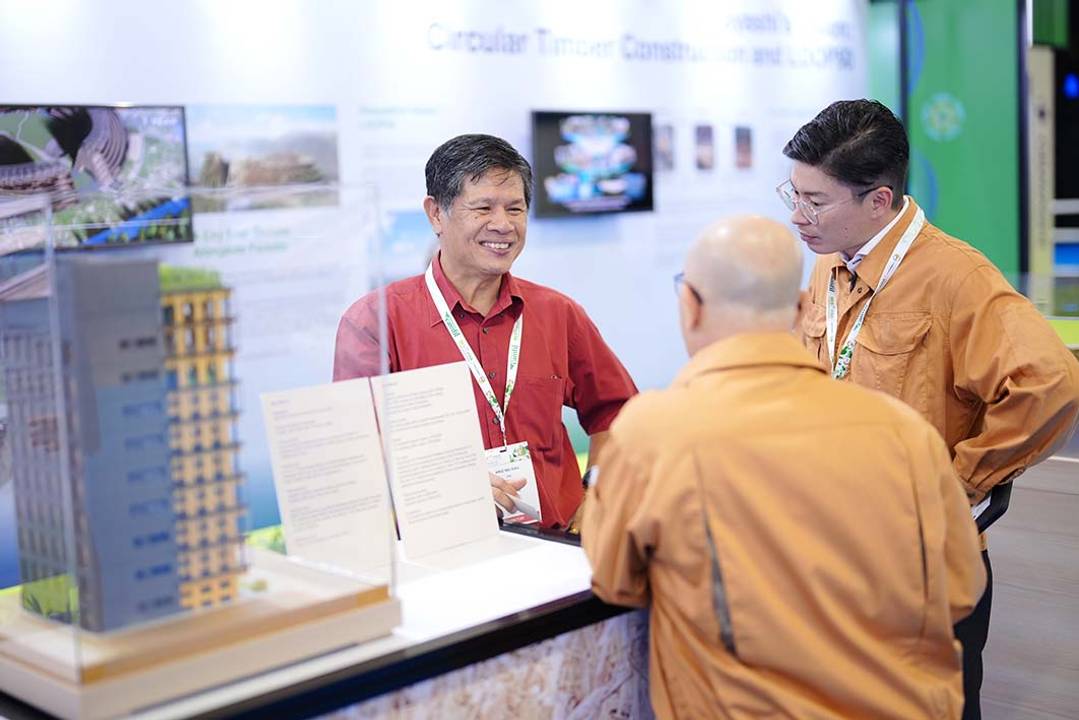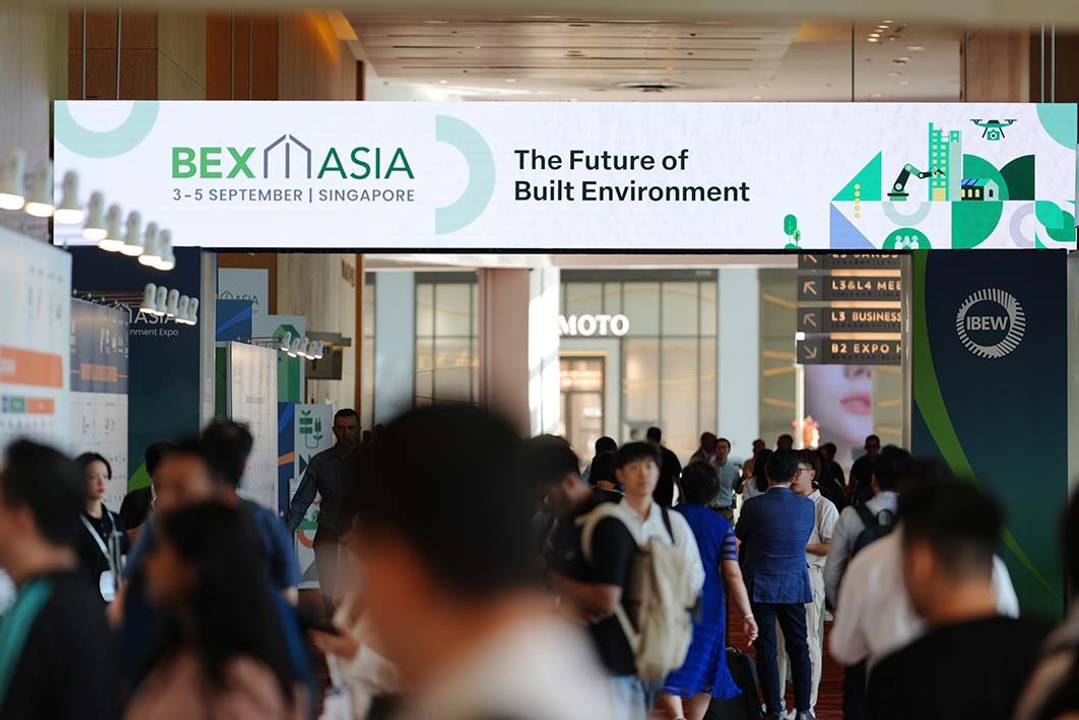The International Built Environment Week (IBEW) 2025, held recently on 3-5 September at Singapore’s Sands Expo & Convention Centre, served as a dynamic hub for various stakeholders – from policymakers and industry leaders to future talent – to engage in knowledge exchange, technology showcases and strategic collaboration.
At the heart of the event was the IBEW Expert Series, a premier conference where global thought leaders and innovators took a deep dive into specific topics and focused on practical applications, lessons learned and advanced skills that can be directly applied to projects.
Spearheaded by BCA International, a wholly owned subsidiary of the Building and Construction Authority (BCA), and in partnership with RX Singapore, IBEW 2025 also featured the Corenet X Industry Seminar, Singapore’s all-in-one digital platform for building approvals; as well as the Building Engineering Seminar to share the latest policies, technical knowledge and gather industry feedback to boost productivity, innovation and safety.
Other activities at IBEW 2025 included the Future Talent Programme, which inspires young professionals to explore careers in the built environment; the BCA Awards, celebrating excellence and achievements in the industry; and specialised exhibition areas like the ConTech Exchange Pavilion at BEX Asia.
“We are especially excited to highlight two critical shifts in our sector: collaborative contracting and lean construction,” said Kelvin Wong, CEO of BCA, speaking at the opening of IBEW 2025.
“Collaborative contracting is about moving beyond transactional relationships. It is about building trust, fostering open communication and aligning incentives, so that all project parties – from clients to consultants to contractors – are working towards a common goal. By sharing risks and rewards, we can reduce disputes, enhance project certainty and deliver higher value to our clients and end users.”
“Lean construction, on the other hand, challenges us to do more with less, not by cutting corners, but by eliminating waste in all its forms,” added Mr Wong. “This means streamlining workflows, optimising resource use and focusing on value-adding activities. The principles of ‘lean’ have already transformed manufacturing; applied to construction, they can lead to shorter timelines, improved quality and safer worksites.
“Both collaborative contracting and lean construction require a change in mindset. They impel us to move from ‘business as usual’ to ‘better business together’ – with everyone taking ownership of outcomes, not just their own scope of work.”
IBEW Expert Series
The IBEW Expert Series provided a platform for professionals to deepen their technical knowledge and develop or finetune real-world skills. The sessions covered topics such as prefab efficiency, carbon emissions tracking, AI applications in BIM, and other emerging technologies – empowering participants to sharpen their skills and grow into experts themselves.
By combining real-world experience with forward-looking innovation, the IBEW Expert Series embodies IBEW’s mission to raise professional standards and prepare the industry for a future-ready built environment.
Another highlight of the IBEW Expert Series was presentations by Obayashi. The company celebrates its 60th anniversary of building in Singapore this year. “We are honoured to have our experts speaking at the IBEW Expert Series and share their insights on how advanced robotics, climate-positive materials and smart construction technology can help Singapore build more efficiently, sustainably and resiliently,” said Patrick Chia, director at Obayashi Singapore.
BEX Asia
As the anchor exhibition of IBEW, BEX Asia 2025 brought together a diverse array of exhibitors focused on digitalisation, sustainability and operational efficiency. It also put a spotlight on the region’s booming start-up ecosystem, with emerging technologies addressing sector challenges such as financing, late payments, safety and workflow digitalisation. Start-ups and innovators at BEX Asia aimed to help the industry adopt smarter, faster and greener methods of construction and project management.
Meanwhile, the inaugural WSH Tech & Grants for SMEs session provided practical guidance and funding insights for small and medium-sized enterprises looking to adopt workplace safety and health technologies. The Singapore Green Building Council (SGBC) also hosted a seminar exploring sustainable building advancements.
The Corenet X Concierge at BEX Asia offered visitors the chance to get hands-on with the platform and receive recommendations from BCA and partner organisations. From submission portal to model export testing, visitors were able to test drive the system and access curated resources that will accelerate their readiness.
Strategic partnerships
This year’s IBEW also highlighted new collaborations that will strengthen the region’s built environment ecosystem. BCA International signed a memorandum of understanding (MOU) with Bridge Data Centres to promote sustainability and innovative construction methods in the development of green and smart data centres across Asia.
In addition, Singapore Polytechnic formalised a new MOU with the Singapore Institute of Architects (SIA) to foster a new generation of industry-ready architectural talent and enhance professional capabilities through collaborative training and innovation. This further demonstrates the strong role of educational institutions and professional organisations in preparing the next generation of industry talent.
“Transformation is not a destination; it is a journey,” stressed Mr Wong, concluding his speech “Our future calls for our industry to be: faster, in adopting technologies and processes that shorten delivery timelines without compromising quality; smarter, in harnessing data, analytics and digital tools to make more informed decisions; and more sustainable, to design and construct with future generations in mind.
“The work we do today will shape the Singapore of tomorrow. Together, we can foster a dynamic industry that is not only efficient and innovative, but also achieving a built environment that is inspiring, inclusive and resilient.”
